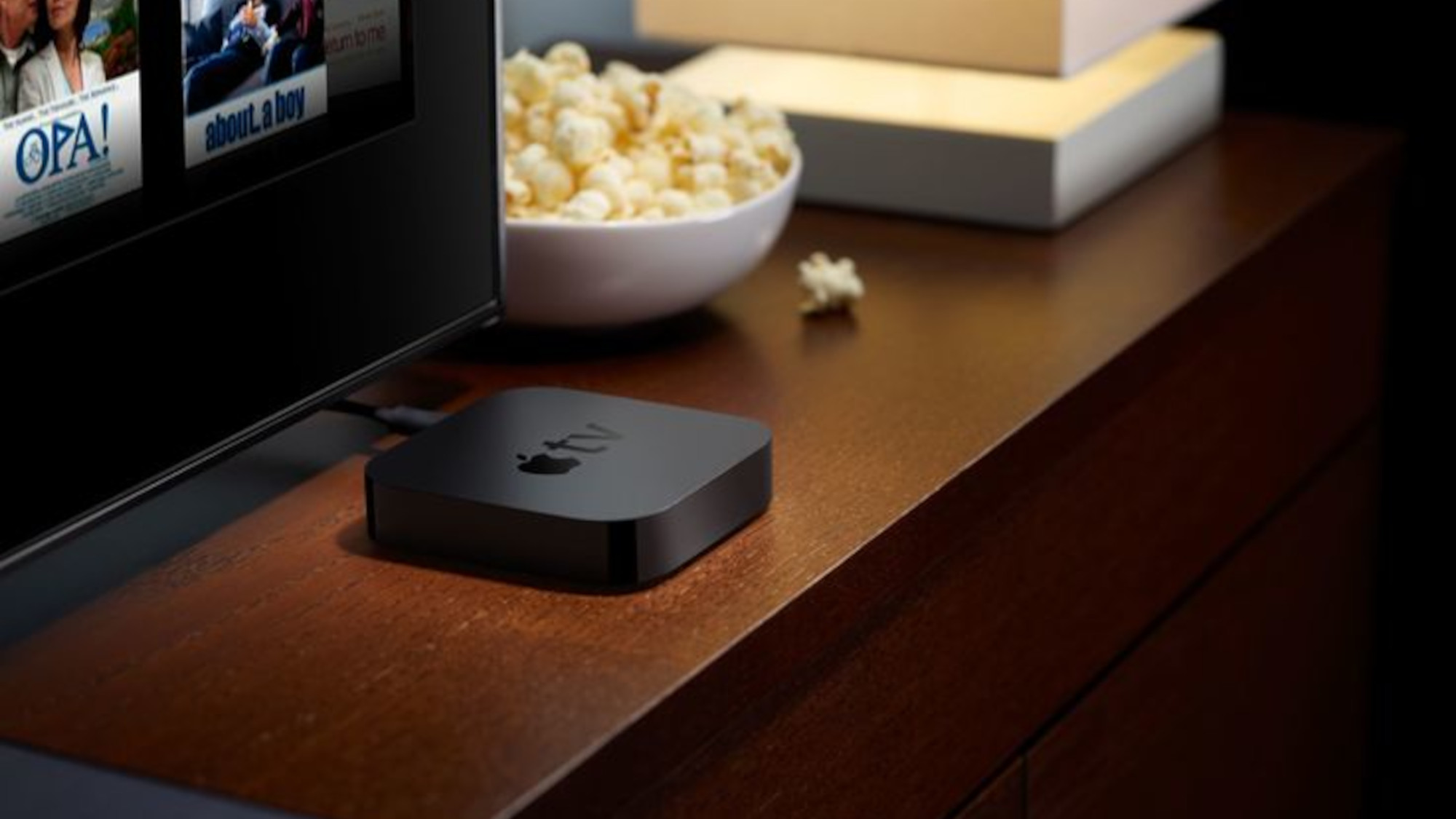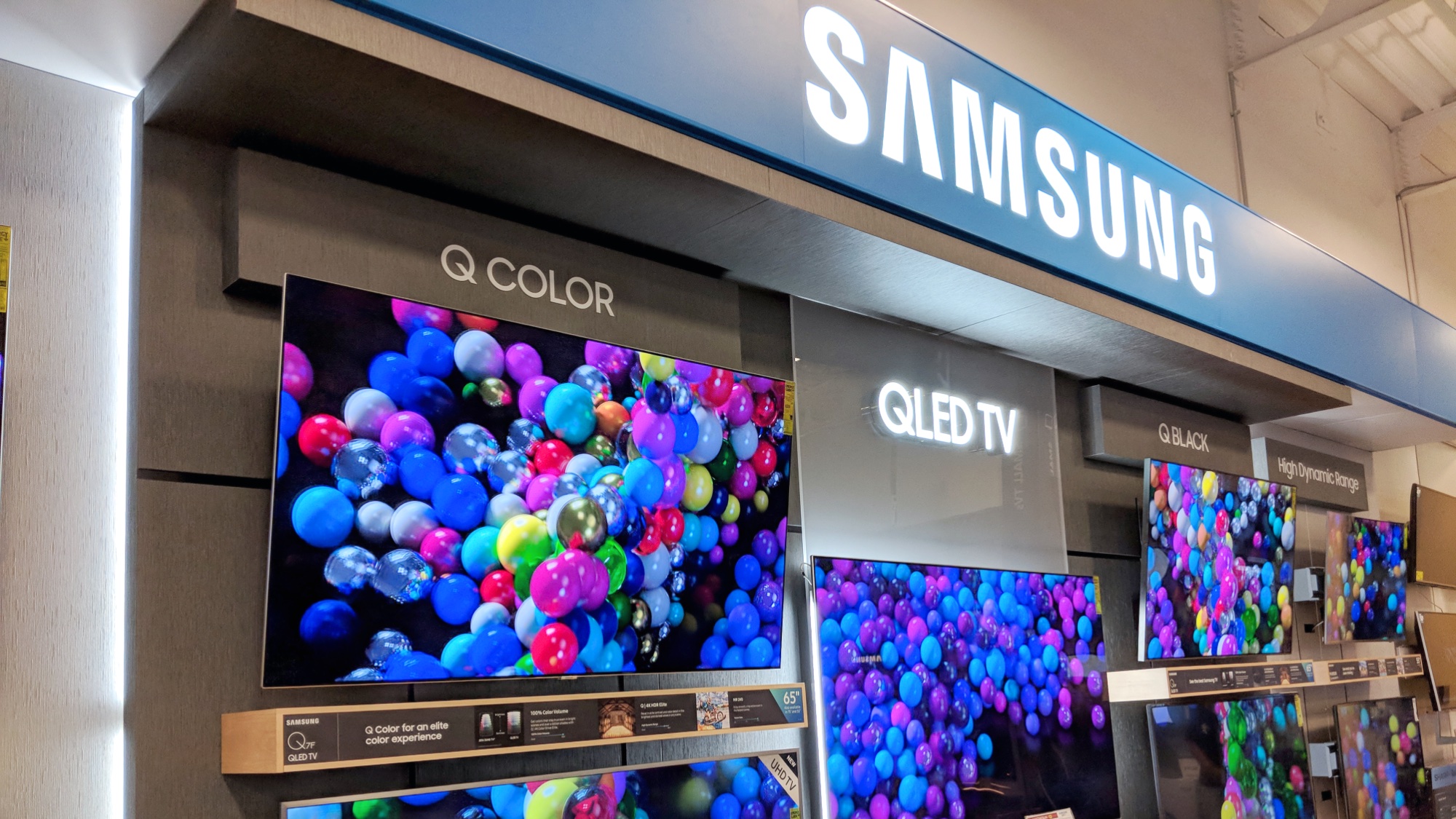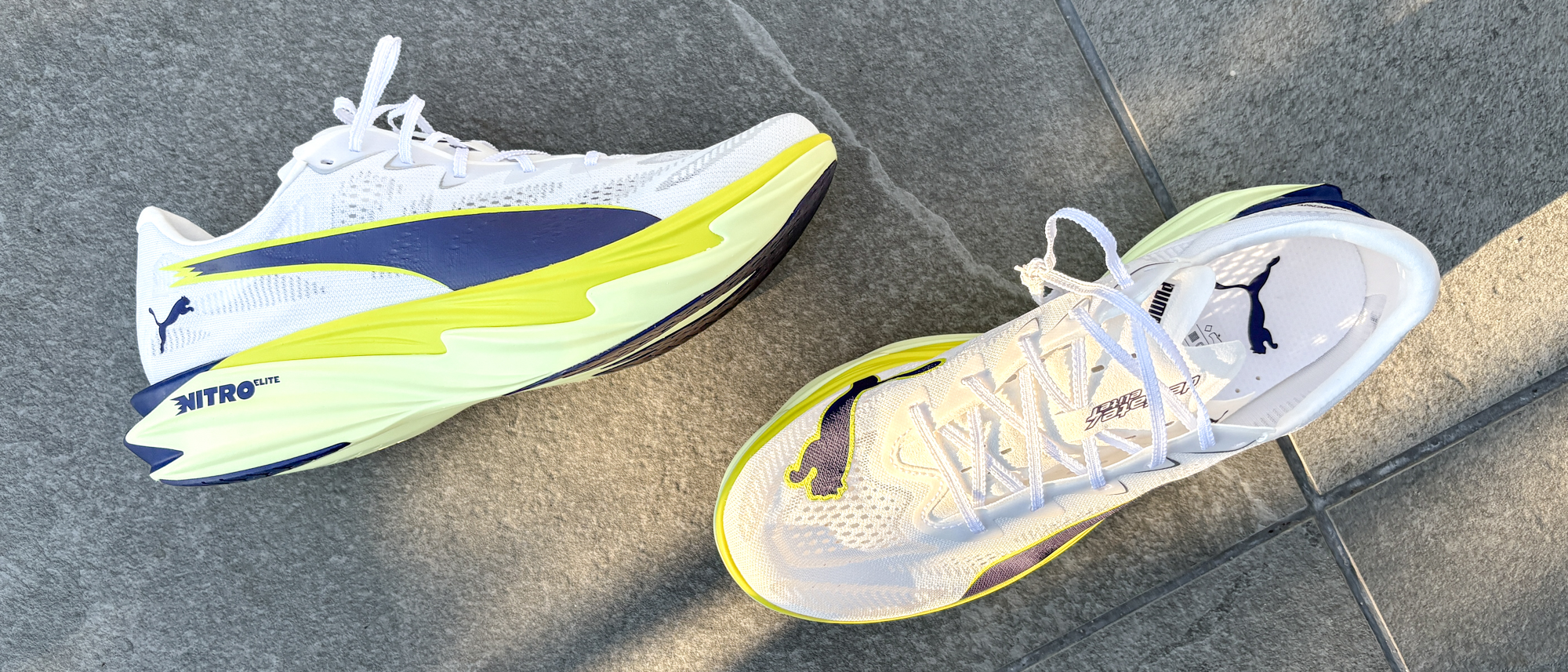Do you actually need Dolby Vision on your next TV? Here's the answer
The most popular HDR format is here to stay — but is it a must-have feature?

Of all the HDR-related questions I field when helping people find the best TV for their home, there's one I get more than all else: "Do I really need Dolby Vision?"
Of the enhanced HDR formats, Dolby Vision is the most prolific. You see its name splashed across Blu-ray covers and above movie theater doors. It's all over streaming platforms.
Despite its ubiquity, you may be surprised to learn that, for most people, it's not as essential as they might've been led to believe. For others, buying a new TV without its label on the box isn't an option.
Let's figure out where you fall.
What is Dolby Vision?
Let's back up a bit. All HDR-ready TVs support something called HDR10 by default. It's elemental. Beyond that, an HDR TV is likely to come with either Dolby Vision, HDR10+, or — if you're lucky — both.
Dolby Vision and HDR10+ work in largely the same manner: by leveraging dynamic metadata in real time to optimize the picture, presenting it in a carefully controlled manner that allows your brand-new TV to make it look its best. In very simple terms, both of these HDR formats work to make sure the content you're watching gets as close to the creator's intent as possible on your own TV.
Dolby Vision is the more popular format. You can find a host of Dolby Vision-mastered titles on streaming platforms like Netflix, Apple TV+, and across more Blu-rays than I can count. It's a proprietary format, so Dolby oversees its application.
Get instant access to breaking news, the hottest reviews, great deals and helpful tips.
HDR10+ is also widely available on platforms like Amazon Prime Video, Hulu, and others. It works similarly to Dolby Vision (though Dolby argues that its version of HDR is more bespoke since it offers frame-by-frame metadata), but to the everyday movie-lover the biggest difference between the two comes down to the availability of supported content.
Do I need Dolby Vision for movies and TV shows?

There's no way around it: If you want to watch Dolby Vision content in its intended format, you need a Dolby Vision TV.
The inclusion of Dolby Vision support won't enhance basic HDR10 content, though, so its benefits are limited to movies and shows that are mastered for it.
On a TV that doesn't offer it, Dolby Vision content will likely fall back to HDR10. You can still watch the movie (and it'll likely look great on a good TV), but it won't be optimized in the same way.
Do I need Dolby Vision for gaming?

For video games, the landscape is a bit different.
Titles mastered for Dolby Vision natively are few and far between, and right now, you'll only find them on Xbox Series X and Xbox Series S. The PlayStation 5 showcases HDR titles in HDR10.
In recent years, from what I've gathered from friends, acquaintances, and readers, Dolby Vision gaming on Xbox is divisive. At times, I've found that it does increase the impact of HDR on titles that were natively mastered for the format, but only when the game is being presented on a TV with the performance chops to make the most of HDR to begin with (the keys being high contrast and ample color volume).
In rare cases, I've found that certain titles appear too dim with Dolby Vision enabled.
In rare cases, I've found that certain titles appear too dim with Dolby Vision enabled. And while I don't feel that way often, you don't have to search high and low to find reader comments and forum posts by folks who share the sentiment. Some prefer how their TV presents these games in stock HDR, either due to apparent dimness, a lack of fine detail, or another closely held preference.
There are a number of factors at play: the TV in question, which settings are enabled, and what the room conditions are while gaming, just to name a few. You also have to factor in the developers' intent. It's possible that the game was meant to appear dimmer than most, but by the time it's rendered on a mid-range TV during the day, it's downright darker than it ought to look.
So, who is Dolby Vision for?
The people who stand to get the most out of a TV with Dolby Vision support are those that fit the following criteria: recognizing the value in preserving a creator's intent and, more importantly, having a completionist's mindset when it comes to home entertainment. That second part is more important, as the HDR10+ alternative still does a bang-up job at leveraging metadata.
We should also be clear-eyed about what we mean when we ask ourselves if Dolby Vision is a necessity. Since Samsung is the only major TV brand that currently doesn't offer Dolby Vision support in any of its TVs, it would probably help to phrase the question differently.
Is a Samsung TV's lack of Dolby Vision a deal-breaker?

I'll offer up my perspective: No, I wouldn't let a lack of Dolby Vision get in the way of a Samsung TV that caught my eye.
If you spend some time chewing on it, you probably know the answer to this question better than I do, but I'll offer up my perspective: No, I wouldn't let a lack of Dolby Vision get in the way of a Samsung TV that caught my eye.
For me, given the relative scarcity of Dolby Vision-mastered Xbox titles, the question mostly comes down to Blu-rays and streaming titles. And, while it's nice to have the compatibility in my back pocket when reaching for one of my favorite Dolby Vision-mastered Blu-rays, I've seen these titles reduced to HDR10 on Samsung TVs, and the results are perfectly fine (and often sensational-looking).
Obviously, an HDR10 picture on a flagship-level TV is going to look better than a Dolby Vision-mastered picture on a budget-friendly TV. But if you compare both formats across two TVs of roughly the same price, the difference in picture quality is likely to come down to factors outside of the formats themselves, like the type of display technology in use.
But, by all means, search your feelings before making a choice.
Are you going to feel like your missing out if your home theater setup doesn't cover the HDR gamut? Only you know the answer to that.
More from Tom's Guide

Michael Desjardin is a Senior Editor for TVs at Tom's Guide. He's been testing and tinkering with TVs professionally for over a decade, previously for Reviewed and USA Today. Michael graduated from Emerson College where he studied media production and screenwriting. He loves cooking, zoning out to ambient music, and getting way too invested in the Red Sox. He considers himself living proof that TV doesn't necessarily rot your brain.
 Club Benefits
Club Benefits





